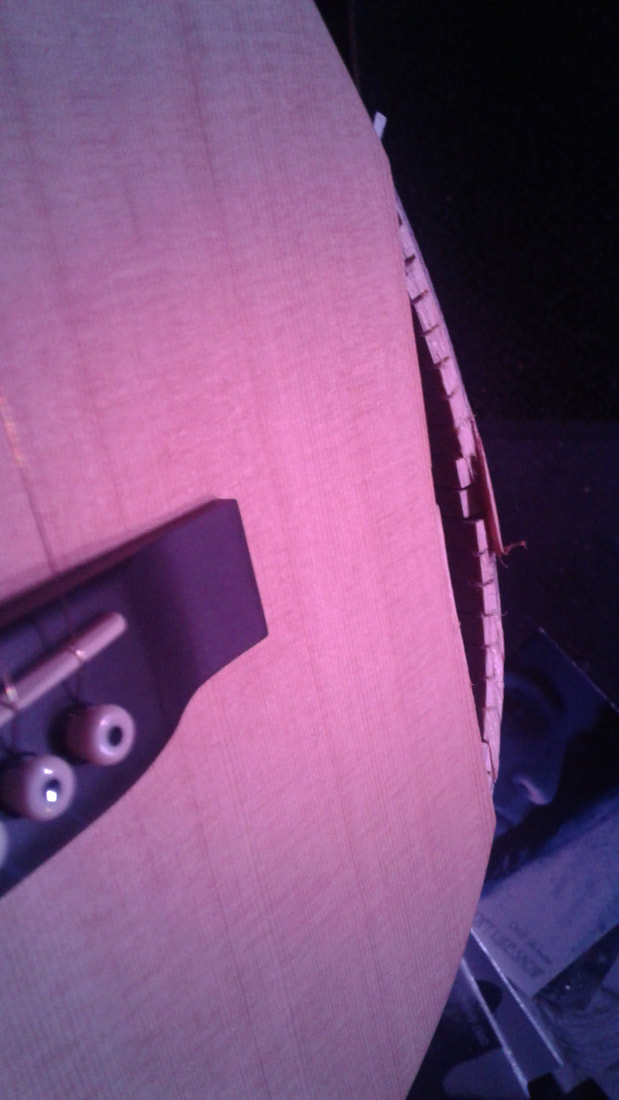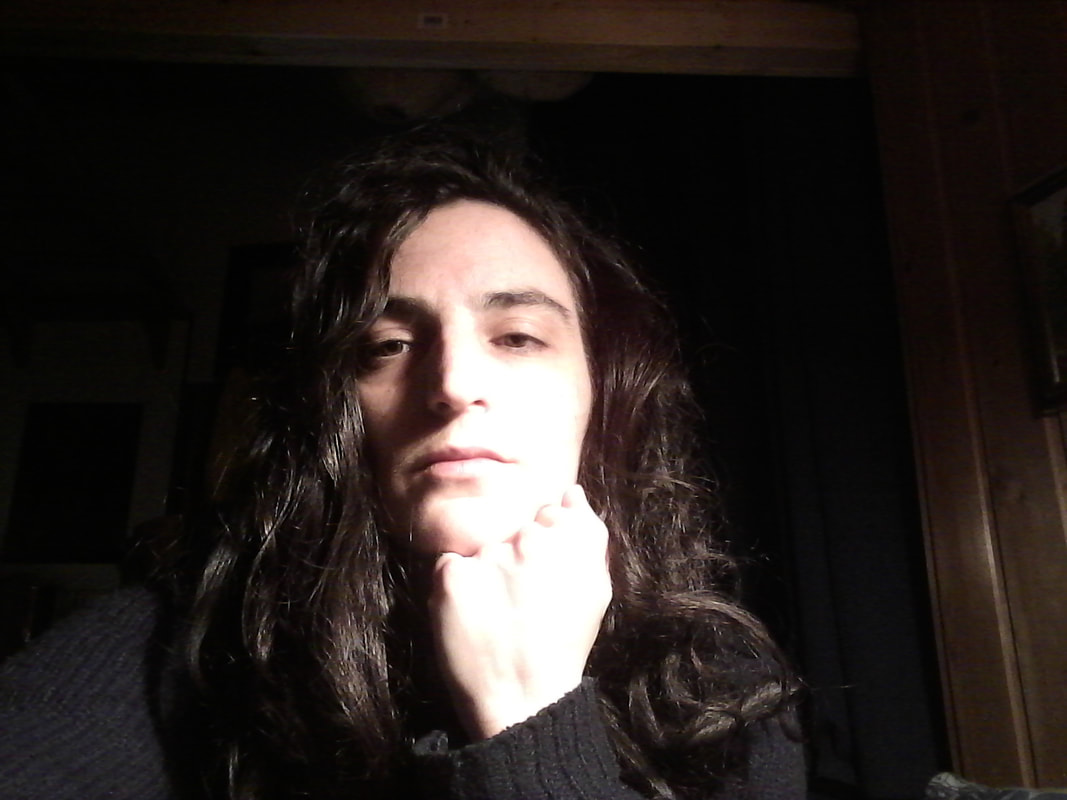He told me it was my “energy” that had caused the mask to break, and was, of course, upset about it, because the mask had been his father’s, and therefore one of his treasured possessions.
I left that relationship with more ideas about energy than I had going in, and I believe in energy to this day, but my retrospective take on that incident is that it was his energy, or rather, the energy that his father had passed on to him, which was quite unkind to a supposedly beloved woman. I believe that, physics of doors slamming aside, it was that energy which caused it, because it was that energy that needed breaking.
Since then, other things have broken, and whether it’s been parts of my body that pulled or buckled, or objects around me, I have never lost the notion that when something breaks, a certain energy causes it, a certain tension. I always stop to think about what it might be.
And of course, as a songwriter, it is my core belief that there is a metaphor in everything.
Recently, while on tour in Nova Scotia, my foot fell into a rabbit hole. There was no white rabbit rushing me. It was just a careless misstep, and in one moment I was on level land, and the next, I was up to my knee in earth. My foot was caught, and I knew from a previous injury (to the other foot a few years before), that just because it didn’t feel hurt, didn’t mean it wasn’t. I knelt on the other leg and put my hands on the ground, glad there hadn’t been anyone to see me, and I took a few breaths to recover from the shock of it before slowly freeing my foot. It was bleeding a bit and was sore, but it was pretty much fine. I knew I could have easily hurt myself more and was grateful I didn’t. It stayed swollen and sore enough for a while to remind me of it. My metaphorical mind told me that something was going on in my life that I wasn’t being careful about. Something about my footing.
And then, I broke my guitar in Newfoundland. No airline to blame, it was just me, ready to head out to a gig, swinging the case over my shoulders, realising as the horrible crashing sound of the guitar against the hardwood floor filled the air, which seemed to happen faster than a second but also in slow motion, that I had forgotten to zip up the case.
I had forgotten, because in the middle of my usual, autopilot routine, I had to leave the room for a while and catch my breath. In the room was a guest of the homeowner's I was staying with, who was horrifically offensive in the way he spoke about women. I hadn't known how to deal with it, because I was a guest too. I guess I never know how to deal with it. It was the same week that the #metoo movement started. Just a few days earlier I saw my first hashtag, wondered what it was, and then began to see woman after woman friend of mine post it too. As did I once I understood what it meant. This guy, in that context, and without it, was unbearable. When I came back to finish getting ready, I'd forgotten about the zipper.
The sound of the crash went right through me, and when I picked it up and saw the missing pieces where wood once was, it felt like it was my own body. I was in shock. I must have said, “Oh my god,” loudly and repeatedly for about an hour. My heart was pounding and I was full of adrenaline. A big part of me knew it was fine, and I said so to my friends who were trying to figure out how to comfort me. It’d get fixed or replaced, one way or another. Obviously, I need a working guitar. And obviously, it is still just a thing. I can be very rational and pragmatic, even when I'm panicking. Another part of me admitted I never truly loved that guitar. There had always been something kind of rigid about it.
When the guitar broke, I broke. The drama of the moment had me in shock. It took a long time to calm down and I was worried, of course, that the electronics were busted and that I wouldn’t be able to plug it in and play it, and the show was within the next couple of hours, and I had more shows coming.
I was relieved, in soundcheck, that it still played. In fact, it rang better than ever.
The guy who booked the room offered to take it for me so that he could drop it off at the music shop first thing in the morning, but I was reluctant. I knew I didn’t have time for glue to set. But more than that, there was a part of me that didn’t want to fix it. I wanted to keep the hole. As I played my set, there was something about it that felt right. With the chunk of wood missing, it somehow felt more like me, more mine than it ever had before. I finally felt the connection with my instrument that had been missing.
I have been expressing myself my whole life, more officially and steadily and publicly than most. But the truth is, there is still more un-expressed, yet to be expressed, than I can even wrap my head around.
The hole in my guitar reminds me, with a combination of jaggedness and fragility, that tension leads to bursting. It reminds me of the pride I have in my various wounds and scars, and of the serious amount of work that lies ahead of me.
And yes, one way or another, I will fix my guitar, but I am hoping to do it in a way that doesn’t hide or mask the damage done. Because maybe when something breaks, the idea isn’t to fix it as though it had never been broken. The breaking itself is a lesson worth preserving, remaining attentive to, honouring the rupture.


 RSS Feed
RSS Feed
